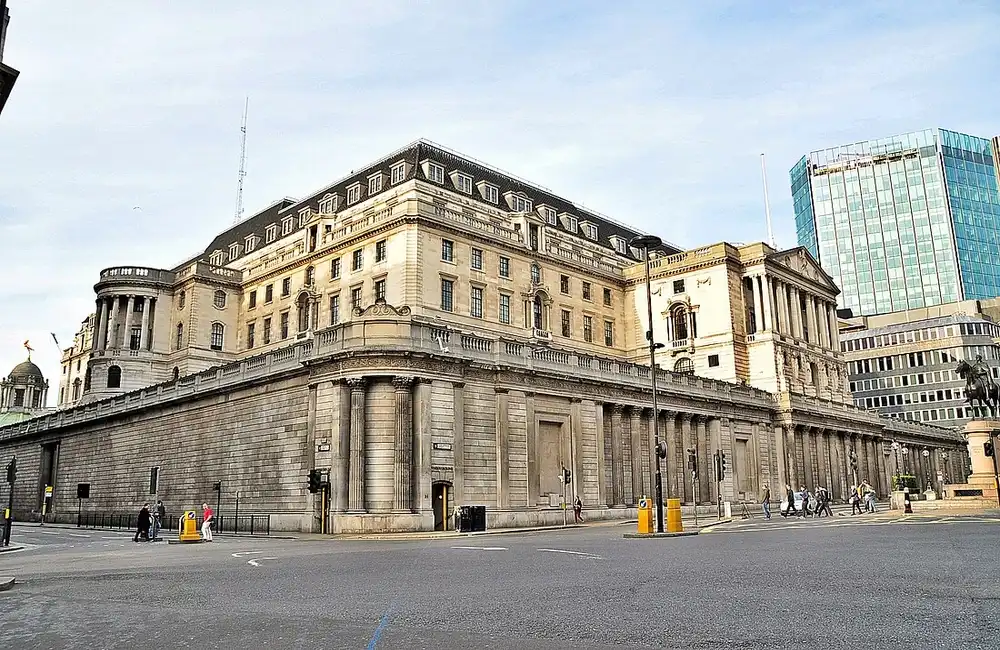London emerged as the focal point of international diplomacy when the United Kingdom hosted the Sudan Peace Conference with support from the African Union, European Union, France, and Germany
Sudan faced both severe humanitarian problems and geopolitical shocks during the major event. The prestigious conference sought solutions to ongoing violence through international aid mobilisation and foundational peace-building efforts in Africa’s most unstable region.
UK Steps Up Its Humanitarian Commitment
Foreign Secretary David Lammy affirmed Britain’s leadership by announcing a £120 million aid package for Sudan to help tackle the humanitarian crisis resulting from ongoing conflict. The UK has expanded its regional aid operations to now exceed £110 million for Sudan and its neighbouring countries. This financial support aims to deliver critical help to more than one million individuals who face food scarcity due to conflict along with displacement and political instability.
Lammy explained at the conference that the UK’s enhanced humanitarian assistance shows our solid dedication to supporting Sudanese people during their time of crisis.
Exclusion of Warring Parties Sparks Tensions
The exclusion of Sudan’s warring factions representatives from the London talks sparked controversy. Organisers defended the decision because of the groups’ lack of peace negotiation commitment which led to widespread strong reactions.
Ali Youssef, Sudan’s Foreign Minister, denounced the exclusion from the conference as a discriminatory act against his nation’s official representation. During the conference Youssef criticised Kenya's participation and accused the UAE of backing the RSF in genocidal activities.
The UN report leak which claimed UAE enabled RSF arm shipments through Chad’s illicit cargo flights intensified existing tensions. The UAE has rejected these allegations and affirmed its dedication to peace in Sudan but these accusations have negatively impacted its diplomatic standing in the conflict.
Calls for Accountability
The suffering of Sudanese civilians has prompted new demands for legal accountability. Legal representatives for Sudanese victims delivered documentation to UK officials to demand accountability for alleged war crimes perpetrated by the RSF. The dossier recommends these cases be forwarded to the International Criminal Court (ICC) while strengthening the UK’s commitment to accountability initiatives in conflict zones.
Investors see the UK's commitment to international justice efforts as a representation of its wider foreign policy objectives and its goal to guide global initiatives based on ethical standards.
Economic Fallout and Impact on Commodities
The ongoing conflict in Sudan has interrupted the production and export of essential commodities such as gold and gum arabic which serve as crucial components of international supply chains. The Sudanese region supplies roughly 70% of the world's gum arabic which serves as an essential component in various consumer products and industrial applications. Violence against gold mining activities in Sudan disrupts this essential economic sector which now poses threats to global supply networks and ethical sourcing standards.
The current situation creates potential dangers and chances for investors from the UK. Export disruptions from Sudan could drive supply deficits and price instability in target markets. The combination of ethical investments and sustainable sourcing innovations offers companies the chance to achieve differentiation while pursuing sustained growth.
Strategic Implications for the UK in Sudan
The UK's growing involvement in Sudan supports its broad foreign policy objectives which focus on geopolitical stability and establishing solid relationships with African countries. The UK sees peacekeeping in Sudan as a strategic priority because of its historical ties to the area and its objective to create stable trade and investment conditions. Strengthening British leadership in Sudan will improve its worldwide position after Brexit while boosting its diplomatic power on the international stage.
The UK's active engagement in Sudan reflects its dedication to ethical policies that respond to global challenges for investors. Thorough tracking of regional political changes and economic progress will be necessary to successfully navigate the changing environment.
Outlook for UK Investors
Through its leadership in the Sudan Peace Conference the UK demonstrated its prominent role in solving the world’s most serious humanitarian and geopolitical challenges. UK investors will experience these effects through commodities markets while also seeing a shift in ethical sourcing policies and foreign policy approaches.
Investors should focus on the following areas during the next few weeks:
- Investors should track supply chain advancements in essential commodities including gold and gum arabic.
- The UK government will announce new policy changes for Sudan and its surrounding areas.
- The political climate of East Africa remains fragile and especially reactive to accusations made against external parties including the UAE.
Through their operations in Sudan the UK demonstrates the complex relationship between humanitarian duties and strategic geopolitical and economic interests. Investors who track these developments can gain valuable insights into emerging market dynamics and global policy trends.


















